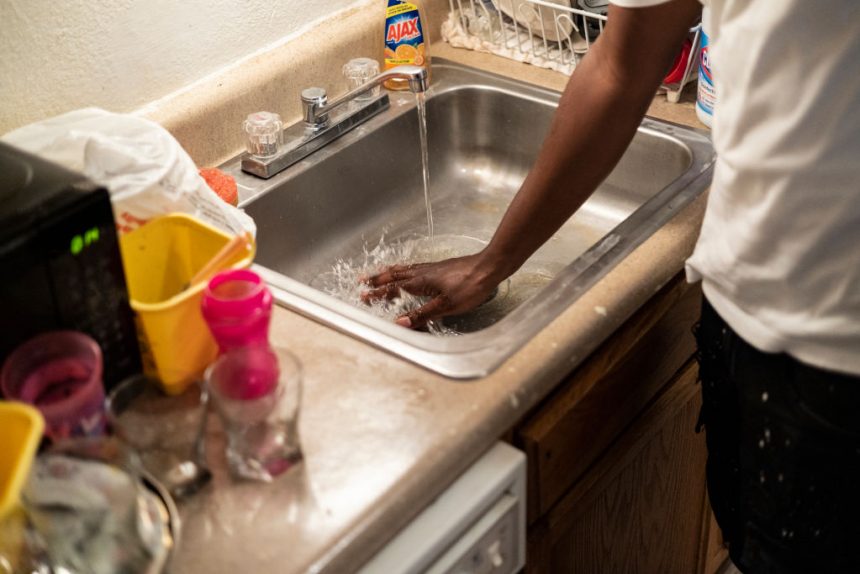In the summer of 2015, water samples were taken from various locations in Jackson, Mississippi’s public water system due to resident complaints about low water pressure. The Mississippi State Department of Health (MSDH) found elevated lead levels in the water supply but delayed informing the city, causing residents to unknowingly consume contaminated water.
It wasn’t until February and March 2020 that the Environmental Protection Agency (EPA) discovered issues with Jackson’s water system, including leaks, poor corrosion control, and high lead levels. The EPA issued an emergency order for the city to make improvements, but by then, it was too late. System-wide failures during a winter storm left many areas without water for weeks, and in August 2022, the main water treatment plant failed during heavy flooding, leading to a prominent public health crisis.
Despite the ongoing crisis, no stakeholders have taken full accountability. The state government blames city officials for mismanagement, while city officials blame the state for not providing funds for infrastructure improvements. The EPA’s lack of oversight also played a role, as revealed by a report from the Project for Government Oversight and the EPA’s Office of Inspector General.
Local advocate Dominic DeLeo pointed out the impact of years of neglect and declining resources on Jackson’s water system. The city had raised concerns over budget deficits and staffing shortages in the years leading up to the crisis but lacked the funding to address the issues.
The state’s failure to allocate federal funds to Jackson from the Drinking Water State Revolving Fund exacerbated the situation. The OIG report highlighted communication deficiencies between MSDH and federal agencies, leading to a lack of awareness about the water system’s dire conditions.
Following intervention from the EPA, oversight of MSDH was recommended, along with better documentation of system deficiencies and compliance with federal standards. While progress has been made with emergency funding secured by the Biden Administration, concerns remain about transparency in spending under Ted Henifin’s oversight of the water system. Advocates continue to call for greater transparency and accountability in addressing Jackson’s ongoing water crisis.






